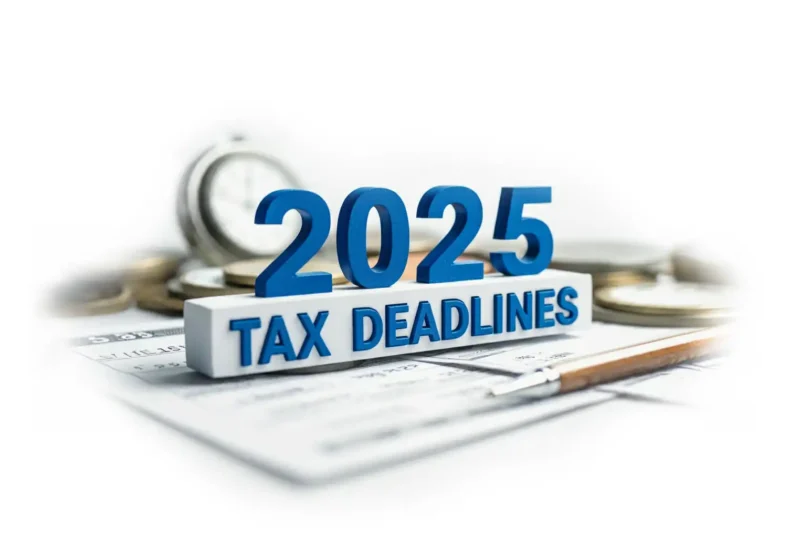As the tax season approaches, many individuals find themselves grappling with the complexity of their financial situations. The amalgamation of forms, deductions, and ever-changing regulations can be overwhelming, leading to a cascade of questions: Am I filing correctly? What deductions can I claim? Should I seek professional assistance? Whether youre a seasoned filer or a first-timer, navigating the labyrinth of tax preparation requires careful consideration.
This guide aims to illuminate the essential steps and crucial tips you need to know before submitting your return. From understanding your filing status to leveraging credits and navigating common pitfalls, we’ll equip you with the knowledge to tackle your taxes confidently.
So, let’s dive in and demystify the tax-filing process, ensuring you’re well-prepared to meet this annual obligation head-on.
Gathering Necessary Documents

Gathering necessary documents is a crucial first step in the tax-filing process. Before you even consider sitting down to complete your forms, take a moment to collect all relevant paperwork.
Start with your W-2s, 1099s, and any other income statements that showcase your earnings throughout the year. Dont forget about potential deductions—receipts for medical expenses, charitable contributions, and mortgage interest can significantly reduce your taxable income. If youre self-employed, you’ll want to include invoices and records of business expenses, too.
It’s easy to overlook the small details, but having accurate and complete documentation can make the difference between a smooth filing experience and a stressful scramble at the last minute. Be organized, take your time, and ensure every piece is accounted for, as this groundwork will set you up for success as you navigate the complexities of your tax return.
Choosing the Right Filing Status

Choosing the right filing status is one of the most pivotal decisions youll face when preparing your taxes, as it can significantly influence your tax liability and potential refunds. As you ponder your options—whether single, married filing jointly, married filing separately, head of household, or qualifying widow(er)—consider not just your marital status but also your financial situation and dependents.
Each option has its own set of criteria and implications; for instance, opting for married filing jointly often affords couples the advantage of lower tax rates and greater deductions, while head of household can provide significant benefits for single parents supporting children. Yet, this choice isn’t merely about numbers; it reflects your unique life circumstances, so weigh the merits carefully.
Understand that mistakes in this arena can be costly, so take the time to research, or consult a tax professional if you’re feeling overwhelmed by the intricacies. Your filing status is not just a checkbox; it’s a strategic decision with the potential to affect your financial future.
Key Tax Deadlines to Remember

As you navigate the sometimes-treacherous waters of tax season, it’s paramount to keep key deadlines firmly in mind to avoid penalties and ensure a smooth filing process. Mark your calendar for April 15th, the traditional tax day, when individual returns are due; however, if you find yourself needing more time, filing for an extension by this date grants you until October 15th, albeit with proper payment of any estimated taxes owed.
Additionally, self-employed individuals have to keep an eye on quarterly estimated tax payments, typically due on the 15th of April, June, September, and January, lest they face unexpected charges. Don’t forget the importance of IRS forms like the 1099, which many freelancers and contractors must issue by January 31st to report income earned.
Finally, if youre aiming for certain deductions or credits, keep track of any evolving state-specific deadlines that might apply, as these can differ widely and may impact your financial situation.
Conclusion
In conclusion, navigating the complexities of tax filing can be daunting, but being well-informed and prepared can significantly ease the process. As you gather your documents and consider your options, its essential to understand your eligibility for deductions, the importance of timely filing, and the benefits of seeking professional assistance when needed.
Resources like Accountancy Capital can provide valuable guidance and support, ensuring you maximize your returns and comply with tax regulations. By following these tips and remaining organized, you can approach tax season with confidence, making the experience less stressful and more manageable.
Remember, the sooner you start, the better equipped youll be to handle your tax obligations effectively.


